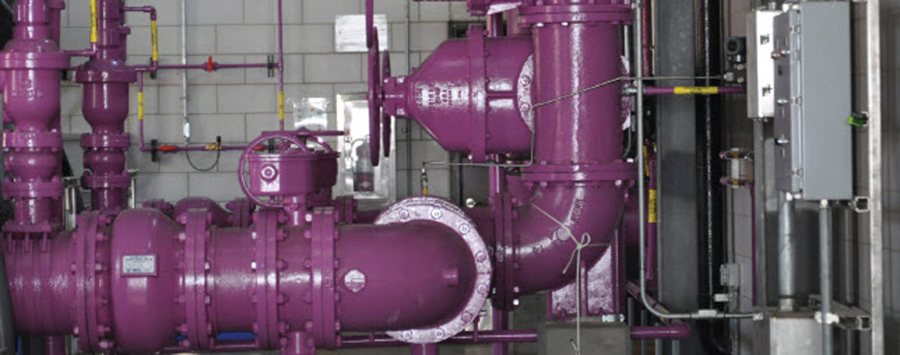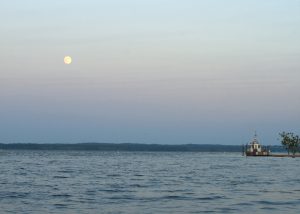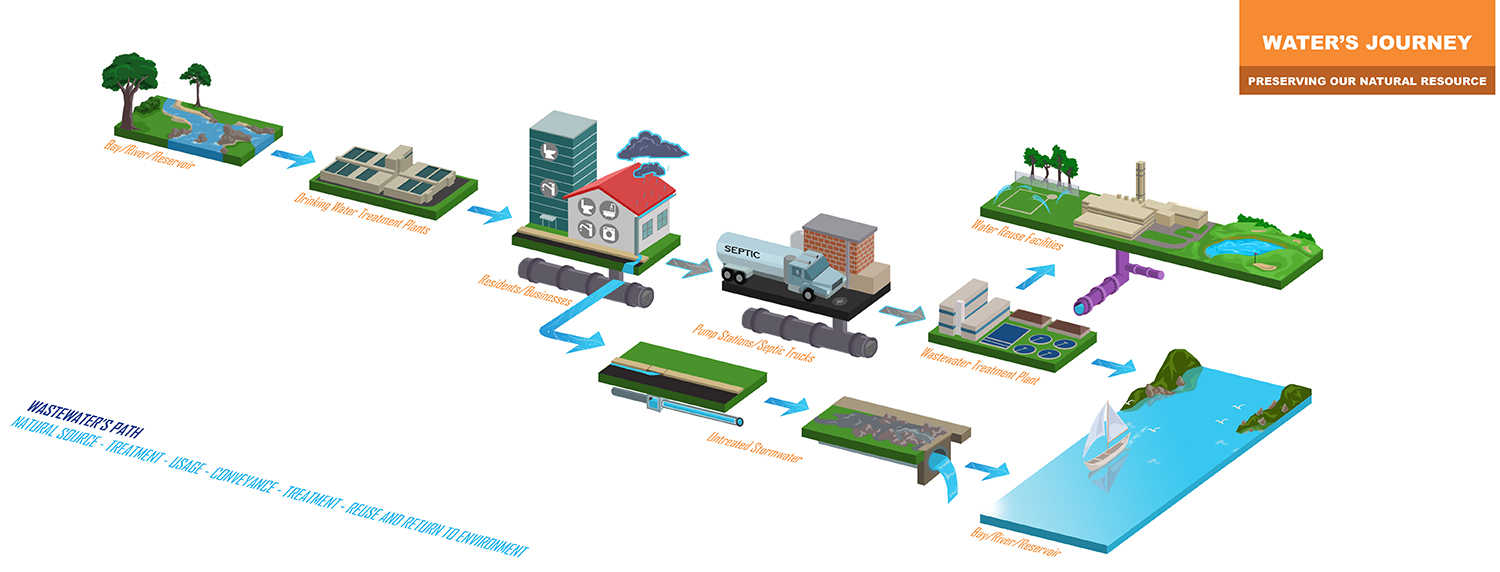
Nature doesn’t create new water, it is just recycled – we are using the same water that has been here for millions of years. The same water that has been used for drinking, cleaning, cooking, bathing, etc. The water that we use and discard is called wastewater.
Our lives would not be sustainable if our untreated wastewater – a potent stew of sewage, used cooking oil, chemical detergents, bacteria, pathogens and excess nutrients – was released directly into the environment. Water-borne diseases like cholera and typhoid would spread quickly and our ecology would be destroyed.
The good news is that modern technology for the treatment of wastewater ensures that we rarely think about the water going down the drain. Even better news is that Fairfax County’s program ranks as one of the most reliable in the country. It is recognized annually by the National Association of Clean Water Agencies as a Platinum Peak Performer and we have the highest level of certification by the Virginia Department of Environmental Quality. Our county government is committed to a resilient, efficient and affordable wastewater treatment program.
Our Wastewater Management Program recently published a report with highlights of the program, including these five things for you to know.
Five Things To Know
- Every day, our Wastewater Management system conveys 100 million gallons of wastewater from 372,000 homes and businesses to treatment plants around the region.
- Our county owns and operates the Noman M. Cole Jr. Pollution Control plant in Lorton. This facility treats approximately 40 percent of wastewater generated each day , including some from neighboring jurisdictions. The remaining 60 percent is conveyed to other plants for treatment under interjurisdictional agreements.
- The majority of our homes and businesses are connected to the county’s 3,600 miles of sanitary sewer, but not all of them. The county’s Health Department regulates 21,000 on-site septic systems located in rural neighborhoods and less developed area in the county. These in-ground systems are emptied regularly by large pump trucks that haul the waste to area treatments plant, including our plant in Lorton.
- Our wastewater system requires continuous monitoring and maintenance. Blockages caused by pipe collapses, tree roots and cooking byproducts can lead to messy backups and costly clean ups. We use specialized robots outfitted with cameras to detect defects in underground pipes, looking for signs of infiltration, deterioration, structural integrity and blockages.
- Our Wastewater Management Program plays an important role in our economic development. Developers look for reliable infrastructure, such as ours, when evaluating locations to build new homes and businesses. Careful planning ensures ensure we have the infrastructure to support our growing population.
Wastewater’s Path
Protect Our Water and Our Environment

There are a few simple things you and your family can do to protect our water and environment:
- Unused and expired medicine should be placed in the trash or returned through the take-back programs. Medicine can bypass our treatment systems and have negative effects on the environment.
- The only things you should flush in the toilet are human waste and toilet paper . Even products labeled “flushable” should be disposed in the trash, never in the toilet.
- Cooking byproducts such as fats, oils and grease should never be poured down the drain . They thicken inside pipes as they cool, causing backups.
- If you smell odors or see a backup or overflow, report it to our Trouble Response Center at 703-323-1211, TTY 711.




 SIGN UP FOR DAILY EMAIL HEADLINES
SIGN UP FOR DAILY EMAIL HEADLINES